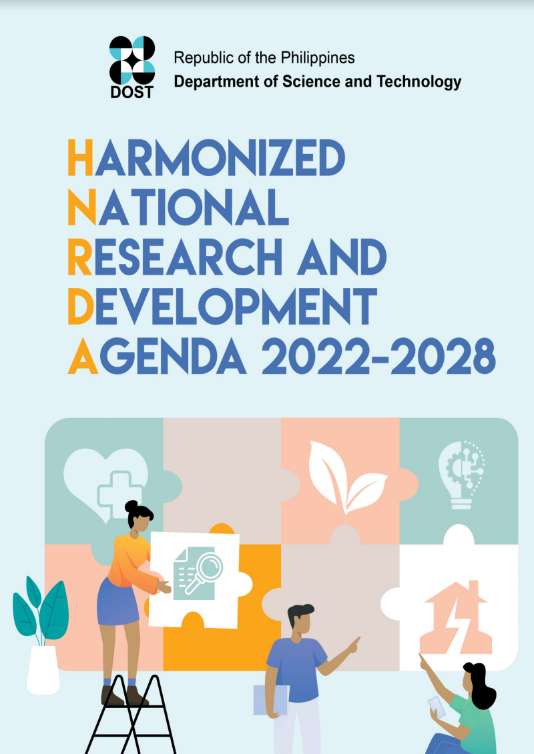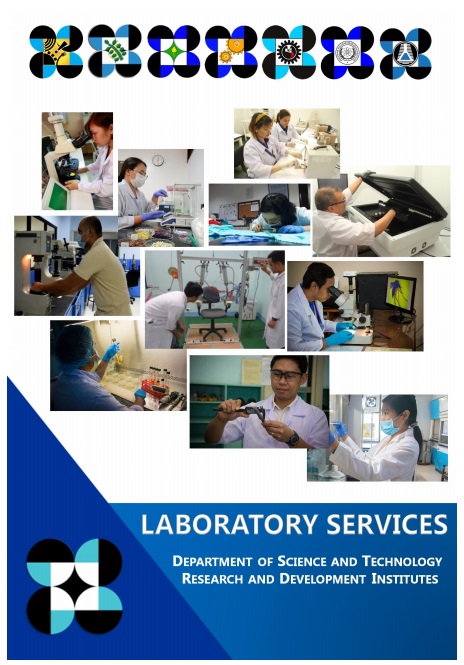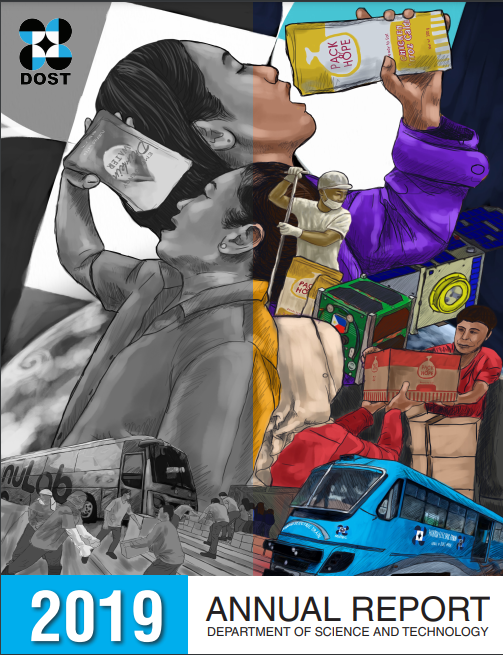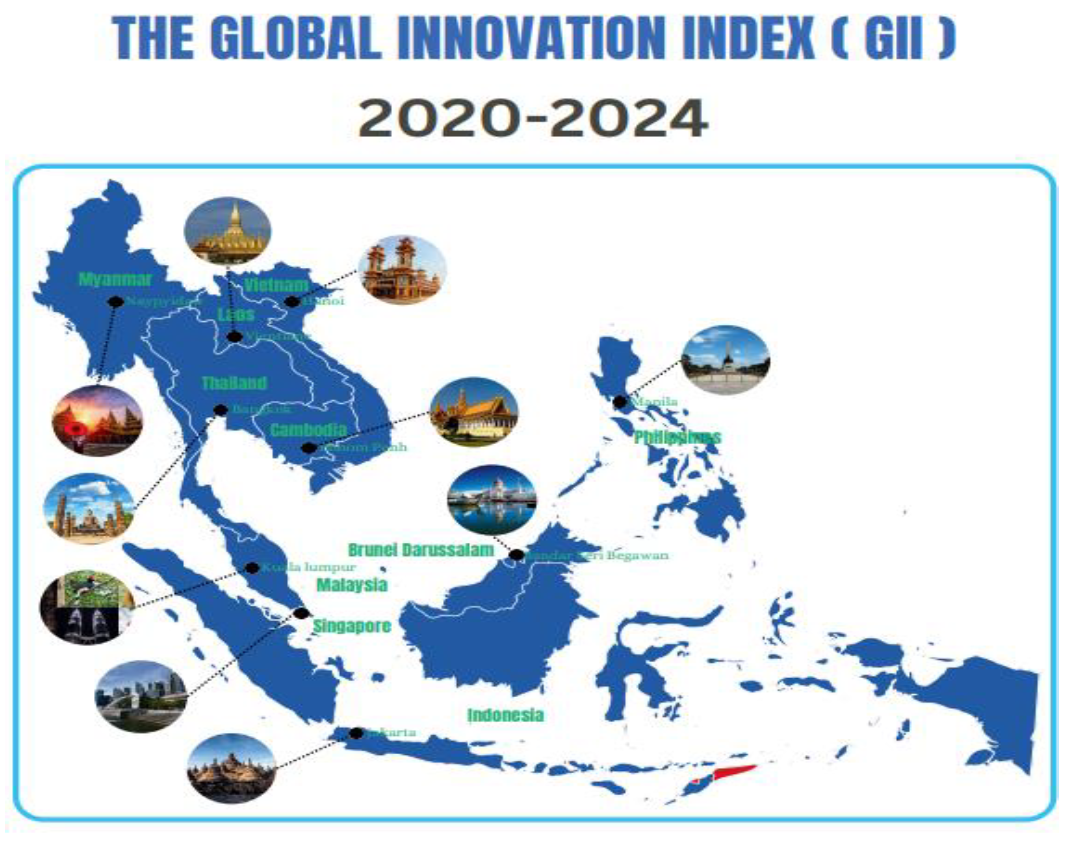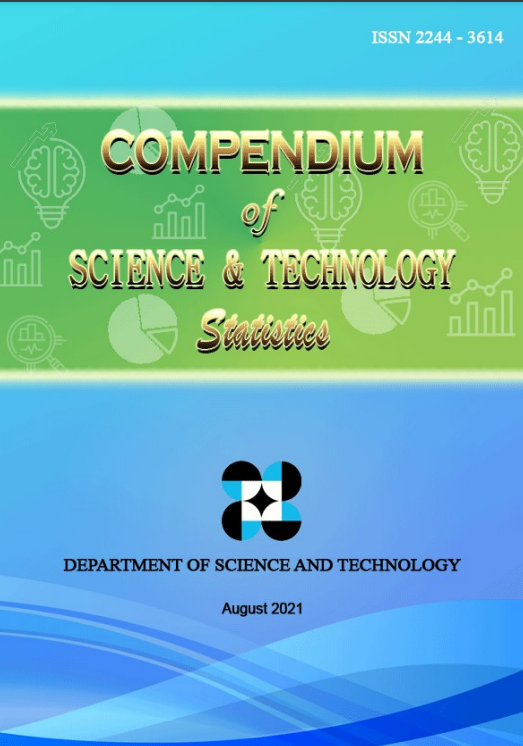DOST holds first ICT job fair for persons with disabilities
- Details
- Hits: 4438
The Department of Science and Technology steps forward for PWDs or persons with disabilities as it marks this year’s National ICT Month with the first ever ICT job fair for PWDs. Spearheaded by DOST’s Information and Communications Technology Office (ICTO) in partnership with the National Council on Disability Affairs (NCDA) and SM Supermalls, the job fair has the theme “ICT: Enabling People, an ICT Job and Skills Fair for PWDs” to be held June 14, 2012 at the Cyberzone, SM North EDSA Annex. The event is open to the public, especially PWDs, from 10:00 A.M. – 7:00 P.M.
The ICT job fair aims to provide a venue for job matching qualified PWDs and employers and to showcase the latest IT-enabled productivity tools for differently-abled folks. The job fair likewise gives an opportunity for employers in the ICT industry to appreciate the talents and capabilities of PWDs, as well as to inspire participants that anything is possible with ICT, including giving opportunities for PWDs to make a niche in their chosen ICT-related careers.
Undersecretary Louis Casambre of the DOST-ICTO and Undersecretary Alicia R. Bala of the Department of Social Welfare and Development will share their thoughts on this unique program that provides equal opportunities for Filipino PWDs.
The ICT job fair will also feature exhibits of ICT companies, demonstrations on technologies enabling PWDs to be more productive, and testimonials from PWD ICT professionals that aim to inspire other PWDs to pursue ICT-related professions.
The DOST-NCDA-SM Supermalls ICT job fair is a collaboration among various partners in government, private sector and people’s organizations.
DOST-ICTO is the Philippine Government’s lead agency on ICT related matters. Its primary thrusts are in the ICT Industry Development, eGovernment, ICT policy development, Internet for all, and Cybersecurity. (Roy Espiritu, S&T Media Service)
Dengue offensive: DOST gives 435,000 mosquito OL traps to all public school classrooms
- Details
- Hits: 7198
In a bid to fight dengue, the Department of Science and Technology is distributing some 435,000 Ovicidal-Larvicidal Traps or OL Traps to all public elementary and secondary schools nationwide before the rainy season comes.
“DOST will provide OL Trap kits to every public school classroom all over the country,” DOST Sec. Mario Montejo said. “OL Traps prevent the larvae from maturing into dengue-carrying mosquitoes, thus we aim to contain and reduce the spread of the disease in places where mosquitoes congregate and breed during daytime, like classrooms."
The OL Trap is a simple technology that kills the eggs and larvae of the female Aedes aegypti mosquito that carries the dengue virus. The black container attracts mosquitoes to lay their eggs on the lawanit strip soaked with the OL pellet-water solution. The OL pellets, made of organic and non-toxic material, attract mosquitoes and kill their young, in effect reducing the number of the next generation of mosquitoes.
DOST’s school-based OL Trap program intends to reduce the number of mosquito population in schools and communities, and subsequently lower dengue incidents, through the use of the OL Trap.
“In this program, DOST works very closely with the health, education, and local government departments,” informed Sec. Montejo. “Each agency has a very important role in the program to significantly reduce the number of dengue cases among our school children.”
The program has identified 31 priority areas that will receive the first batch of OL Traps totaling some 435,000 kits nationwide. DOST produced the initial batch of traps and has transferred the production of OL pellets to a private entrepreneur.
Read more: Dengue offensive: DOST gives 435,000 mosquito OL traps to all public school classrooms
DOST’s PINOY program to make Antipolo kids healthier
- Details
- Hits: 3836
If the youth are the hope of the nation, then Antipolo City can aspire for a healthier, more dynamic future. The city anchors its aspirations on its youth who will be freed from the burden of malnutrition with the launch of the Department of Science and Technology’s PINOY program in one of Antipolo’s barangays.
Officially called the “Package for the Improvement of Nutrition of Young Children”, DOST’s PINOY program was launched May 11 in this city to beef up the nutrition status of children 6-35 months old in Barangay Cupang particularly. The DOST-PINOY implementation in this barangay is made possible through the sponsorship of Alagad, a partylist that focuses on improving the plight of the Filipino urban poor.
DOST’s PINOY is designed to improve the health status of children under three years old and to give opportunity to entrepreneurs who are interested to produce DOST-developed complementary food.
Breaking the malnutrition cycle
“The first two years of life is a very critical period. When kids are malnourished at this stage, the ill effects of malnutrition to their bodies and brains will be irreversible,” said DOST Sec. Mario Montejo. “Malnourished kids are sickly, do not perform well in school, and have unhealthy worldview. When they grow up, they will become unproductive and raise malnourished families. The cycle will just keep repeating itself.”
“It’s time to break this cycle through DOST’s PINOY program,” he added.
The DOST-PINOY program was launched last year in various parts of the country, including Negros Occidental, Iloilo, Antique, and Taguig City, where positive results were found by the PINOY research team from the DOST’s Food and Nutrition Research Institute (FNRI).
The FNRI team rolled out the DOST-PINOY program in Brgy. Cupang by holding first a two-day nutrition education training for Barangay Nutrition Scholars (BNS), barangay health workers (BHWs), and barangay volunteers. The trainees will later train the mothers and caregivers on proper nutrition, breastfeeding, meal planning, proper food handling, and others. They will also handle the 120-day feeding of FNRI-developed complementary food to Brgy. Cupang’s young children aged 6-35 months. The feeding will run from May 21 to Sept. 17.

Clockwise: Asst. Secretary Robert Dizon feeds one kid with DOST PINOY complementary food named "BigMo." DOST officials turns over PINOY manuals, food samples, and others to Alagad representatives who in turn will hand over the PINOY kit to the local governments of Antipolo City and Brgy. Cupang.(L-R) DOST-IVA OIC, DOST STII Director Raymund Liboro, Asec. Dizon, Paolo Marcoleta and Mrs. Edna Marcoleta. An Antipolo child beneficiary savors the flavor of the DOST PINOY complementary food.
Read more: DOST’s PINOY program to make Antipolo kids healthier
National Scientist Lourdes Cruz heads DOST research council
- Details
- Hits: 19007
National Scientist and L’Oreal-UNESCO Awardee Dr. Lourdes J. Cruz was recently elected president of the Governing Board of the Department of Science and Technology’s National Research Council of the Philippines. Elected vice president is Philippine Normal University President Dr. Ester B. Ogena.
Dr. Cruz is known for her scientific contributions to the field of biochemistry, particularly on the isolation and characterization of the venom called conotoxins from marine cone snails. Aside from being recognized as National Scientist in 2008 and L’Oreal-UNESCO First Filipino Woman of Science in 2010, she was also acknowledged as one of the Ten Outstanding Women in the Nation’s Service (TOWNS) for Biochemistry in 1986, DOST NAST Outstanding young scientist in 1981, and DOST NRCP Achievement awardee in 1982.
In 2001, Dr. Cruz established the Rural Livelihood Incubator also known as Rural LINC Program. Asked about this project in her interview with an e-magazine called “Daigdig Pinoy”, she explained, “I established the Rural LINC Program to mobilize science and technology to alleviate poverty. This project involves building a fruit processing facility run by women farmers where the indigenous tribes can sell fruits from the orchards and forest trees.”
In the same interview, she said that she is determined to improve the lives of individuals in her community and plans to use the L’Oréal-UNESCO Award money to buy a piece of land to serve as a new base for the Rural LINC program, and a site for the women’s fruit processing facility that will preserve local heritage. Dr. Cruz currently works at the laboratory of Marine Science Institute, University of the Philippines Diliman. She is also DOST Member-at-Large since March 2011.
On the other hand, the newly elected DOST NRCP Vice-President Dr. Ogena served as director of the DOST Science Education Institute for several years before being elected as the 10th President of the Philippine Normal University in 2010. While working at the DOST SEI, she held various positions in international funded projects for the development of science and mathematics education in the country. She served as the program manager of the Science and Mathematics Education Component of the DOST World Bank Engineering and Science Education Project.
Read more: National Scientist Lourdes Cruz heads DOST research council













